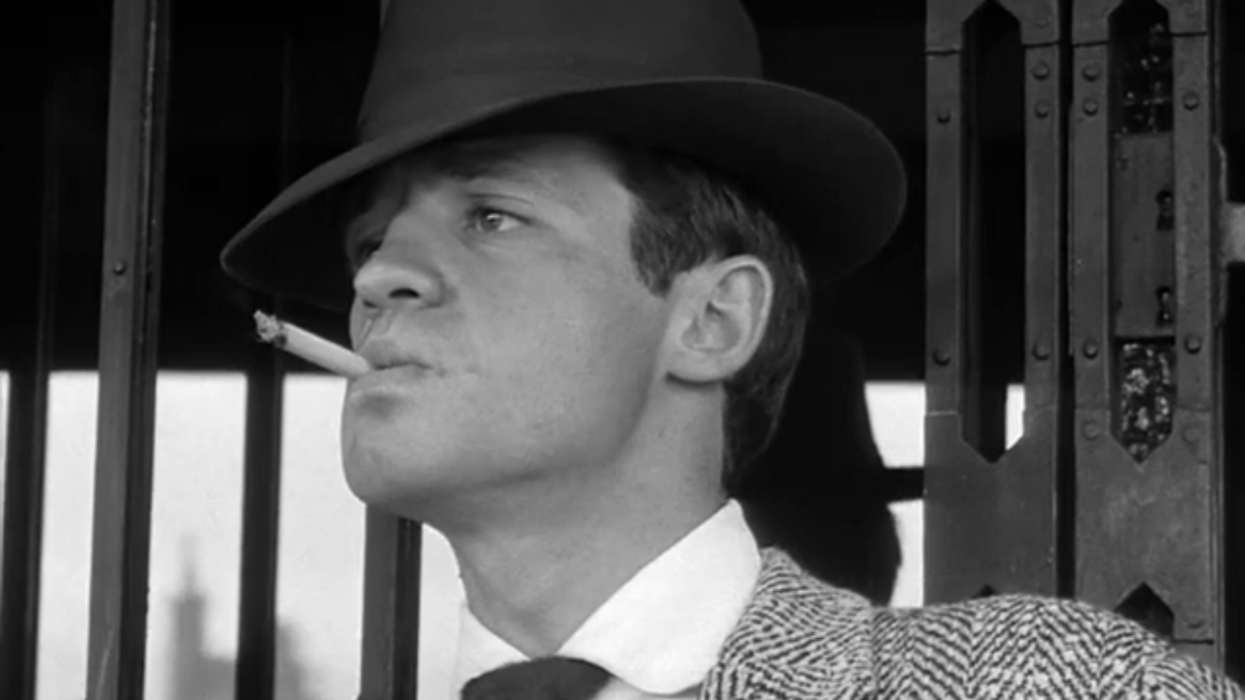How Jean-Luc Godard's 'Breathless' is Basically a Warning Against Idolizing Hollywood
The French New Wave was a film movement that turned French cinema on its head in the late 50s. A huge contributing factor to the shift? Jean-Luc Godard's Breathless.

Being the first feature film by the rebellious auteur, Breathless, or À bout de souffle, was bound to get people's attention. It was unruly. It was meta. It flew in the cinematic face of Post-WWII French convention with its low-budget approach and acerbic commentary on Hollywood's influence on France's cinematic identity.
In this video essay by Evan Puschak, we get to explore the deeper existential meanings and political and societal themes behind one of the most quintessential films of the French New Wave.
The beautiful thing about Breathless is that it's so multifaceted. Enjoy it for its humor and levity and adorkable love scenes. Enjoy it for JLG's master craftsmanship -- even as a first-time filmmaker. Enjoy it for its boldness in taking a hard look at late-1950s French cinema, criticizing it, starting a dialog about it. Enjoy it not for being a film, but a statement. (We find so few of those these days.)
Hell, enjoy it for the simple fact that it did all this to explore something deeper that was happening to French cinema after the war. After WWII, Hollywood films flooded France, which means Hollywood conventions flooded French films, which means The Young Turks of Cahiers du Cinéma were going to have something to say about it. And what a beautiful statement from Godard -- what is the French identity?
This is a question that Breathless, as well as the other iconic films that came out of the Nouvelle Vague, answered so unapologetically. And because of that boldness and desire to make films their way, the French New Wave directors unintentionally started a movement that ended up changing everything people thought they knew about cinema.
Source: Nerdwriter











